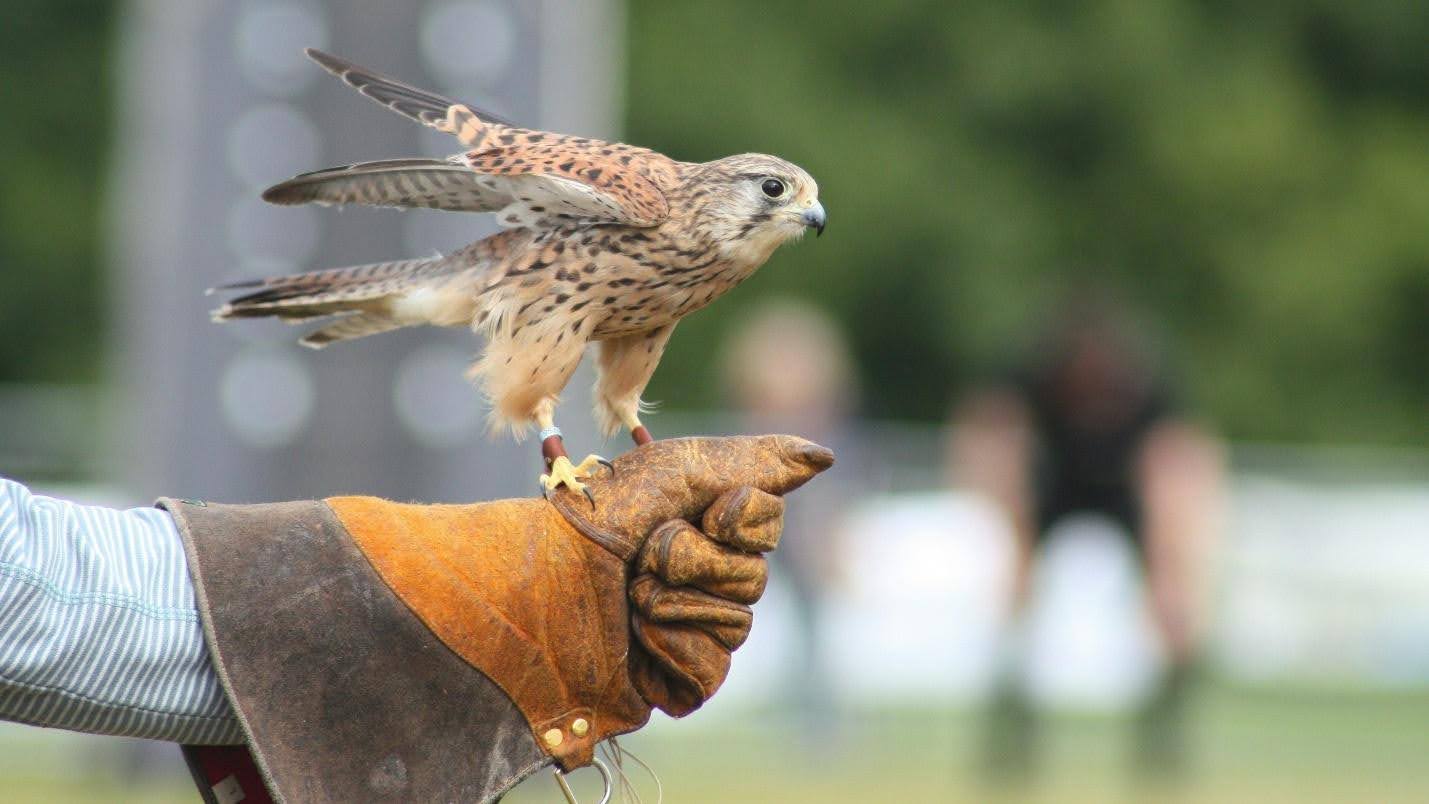Falconry is not just a hobby you pick up over the weekend. It is one of the most rewarding experiences for those who love wildlife and adventure. Falconry is one of those ancient practices that still feels alive today. People have been doing this for centuries. When you see a hawk or falcon take off from your glove and dive toward its target, it’s the moment you remember.
But before you jump into falconry, there are some factors you need to consider. In this article, we will cover some smart tips to experience harmonious falconry.
Secure the appropriate licenses
Falconry is highly regulated in most countries. Falconry is not as easy as It seems. It requires specialized care. You can’t just walk into a pet store, buy a hawk, and head to the fields.
Start by checking your local wildlife and environmental laws. Many regions require you to pass a written test that covers bird handling, housing, feeding, and conservation knowledge. In some places, you may also need to complete an apprenticeship under a licensed falconer before you can keep your own bird.
Get falconry gloves and protective equipment
Raptors have strong and sharp talons. That is why it is important to have falconry gloves and protective equipment to ensure a safe and successful experience.
A quality falconry glove made from thick leather. These gloves and protective equipment protect your hands and forearms from scratches and punctures. They are specially designed to give the bird a comfortable perch while giving you enough grip to control the bird’s movements.
Choosing the right bird
Not every raptor is suitable for a beginner. Some species are more forgiving and easier to train. Many people start with Harris’s hawks because they’re social, smart, and pretty forgiving. Red-tailed hawks and kestrels are also common for newcomers.
When choosing, consider your experience level, local climate, and the type of hunting you plan to do. You can also ask your mentor for advice. They can help match you with a bird that fits your lifestyle and abilities. Falconry is not about forcing a bird to adapt to you; it’s about building a relationship where both of you thrive.
Mastering the techniques
Falconry is a whole skill set to learn. You need to learn:
- Lure training: Using a baited lure to teach recall and improve flight skills.
- Weight management: Keeping the bird at a healthy, active weight for hunting performance.
- Hunting techniques: Working as a team in the field to catch game.
Patience is the key.
Prioritize the birds’ well-being
Falconry is a long-term commitment to your birds’ well-being. It involves respecting and caring for a living creature by providing proper housing, nutrition, and healthcare.
A healthy raptor needs fresh meat, regular vet check-ups, and a clean, spacious mews. You also need to make sure it is safe from predators and weather extremes. The prey birds remain wild, and your role as a falconer is to ensure their health and safety while working together.

